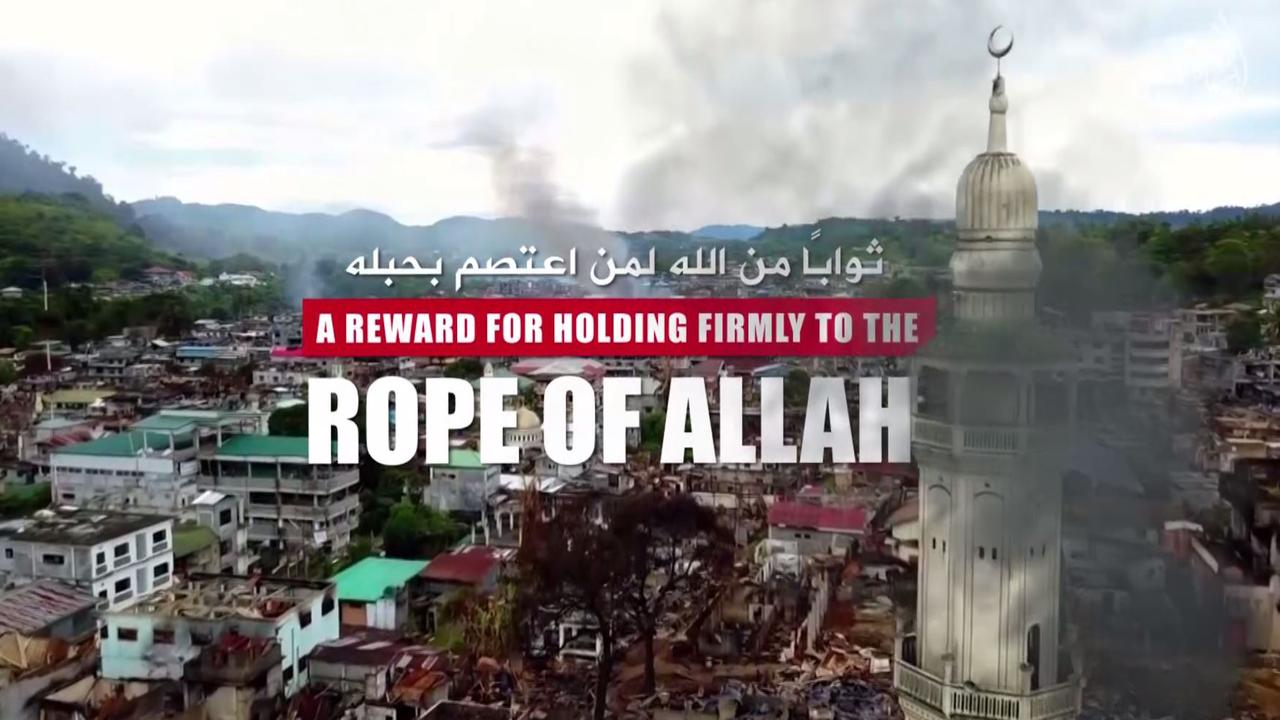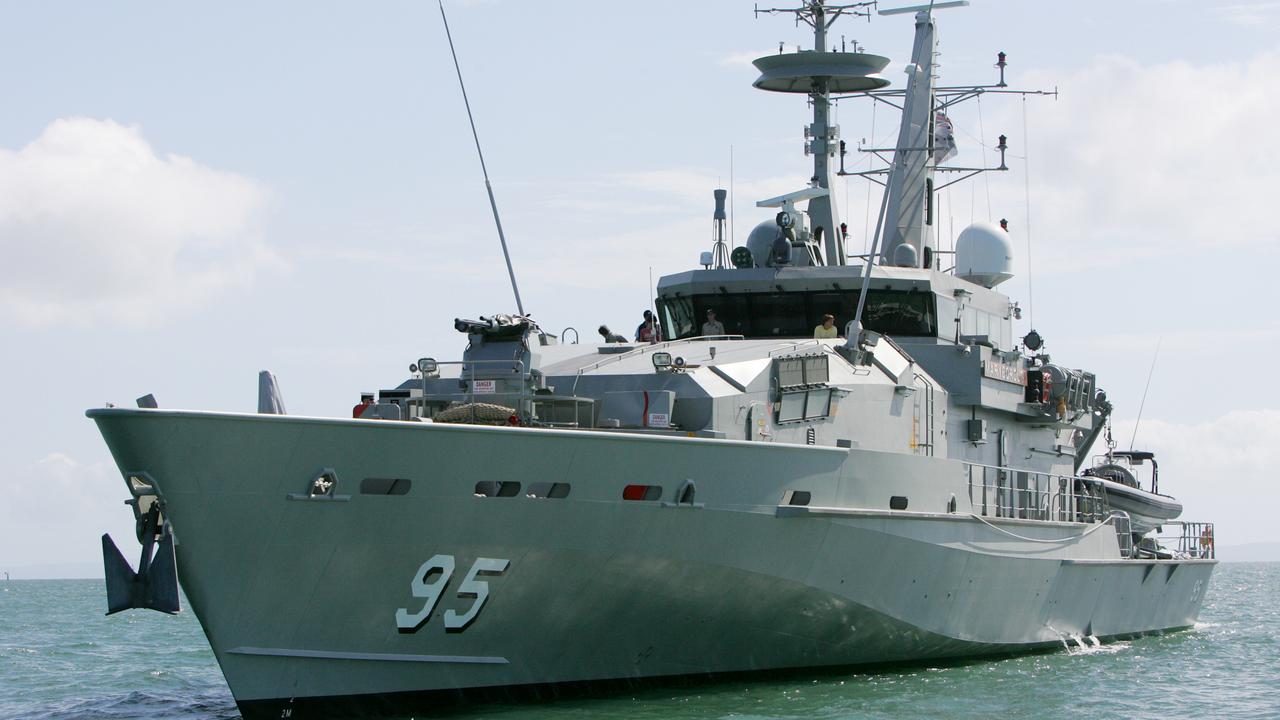Army officials face grilling over why platoon wasn’t protected enough
SENIOR army officers will come under fire this week over the lax protection measures of a platoon before three Diggers’ murder.
SENIOR Australian Army officers will come under fire this week over the lax protection measures of a platoon ahead of the murder of three of its Diggers by a rogue Afghan soldier they were mentoring at a remote base in 2012.
Despite a spate of Afghan “insider’’ attacks on allied soldiers before the killings, the platoon was deployed without proper intelligence about the base, did not have security around their living quarters and troops were allowed to remove their body armour.
The three Diggers — Lance Corporal Stjepan ‘Rick” Milosevic, 40; Private Robert Poate, 23; and Sapper James Martin, 21 — were wearing shorts and T-shirts and playing cards in an open area of the base when teenage gunman Zabet Hekmatullah sprayed them with his M-16.
It has since emerged that Hekmatullah, 19 — who had earlier lifted weights with some of the Australian Diggers — was the son of a Taliban fighter, a fact hidden by his local Afghan army commander at the base.
A rare civilian inquest into the deaths will probe the standing orders for units involved in mentoring operations, including the failure to require soldiers to wear body armour and helmets at all times and prevent access of Afghan National Army soldiers to Australian living quarters on base.
Queensland Deputy Coroner John Lock will head the inquest, which has already been criticised for its level of secrecy in refusing the public release of military documents and intent to hold much of the hearings behind closed doors.
Last month, Mr Lock refused an application by the Diggers’ families to extend the inquest’s scope to investigate Australia’s involvement in intelligence-gathering in Afghanistan and the applicability of workplace health and safety laws in the war-torn country.
The inquest was called after lobbying by the families of the three Diggers, who were part of a 24-member platoon that had just arrived at the base and were settling down for the night after a patrol with the ANA.
Two other Diggers were wounded in the shooting by Hekmatullah, who escaped over the base wall and was caught in Pakistan last year.
He was sentenced to death in Kabul and is now appealing against the sentence.
Documents tendered to the inquest have shown that the platoon commander had complained of the lack of intelligence about patrol base Wahab in Oruzgan before their deployment.
An Australian Defence report, tendered to the inquest, said his superior officers were not “overtly concerned’’ as they believed the commander would deal with any security problems and had assumed that the Diggers and ANA soldiers would be separated on the base.
Australian officers finalised an intelligence report warning of the high risk of a “green on blue’’ threat only after the platoon had arrived at the patrol base.
The report was never sent to the commander, who was later disciplined for the “relaxed tactical disposition of the platoon’’.
The inquest is expected to last for several weeks.



